Meet our teams.
Leadership Team
-
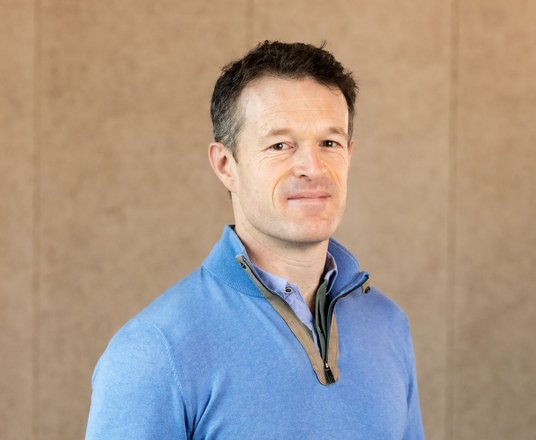
Mike Davis
Chief Executive Officer
Mike became Global Witness CEO in 2020. Under his leadership, the organisation is pursuing a new direction: shifting the balance of power from big polluters profiting most from climate breakdown to the people worst affected. -
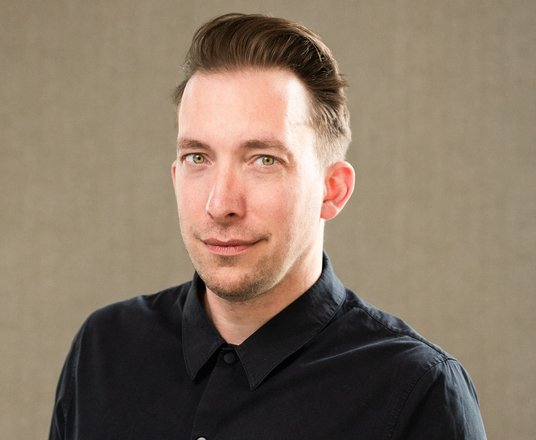
Sam Dick
Co-Director of Campaigns
Sam has campaigned on a range of social issues over the past 20 years, from human rights and equality issues to international development and climate justice. -
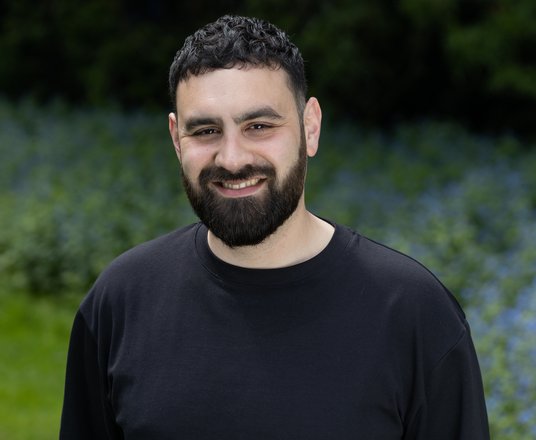
Dominic Kavakeb
Co-Director of Campaigns (Interim)
Dominic works closely with the Fossil Fuel and Forests teams, with a focus on how they can both create tangible change, while also influencing the external agenda and narrative. -
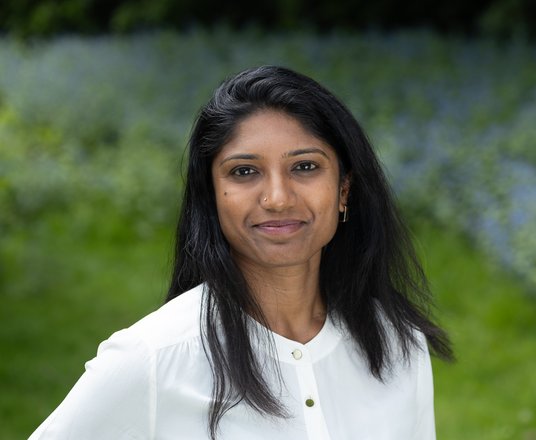
Shruti Suresh
Co-Director of Campaigns
-
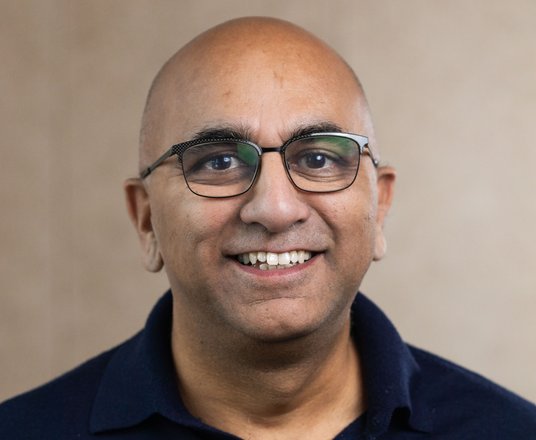
Asif Sarwar
Chief Financial Officer
-
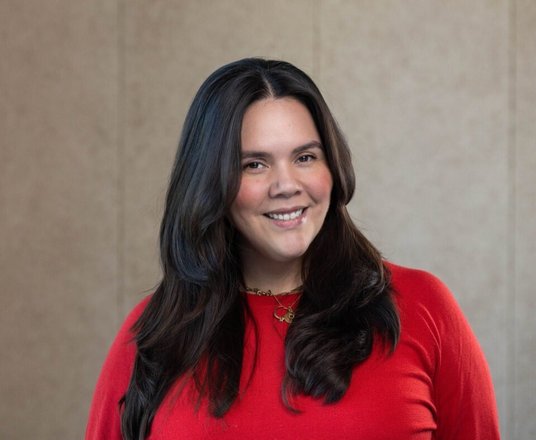
Ana Melissa Zarraga
Director of External Engagement
-
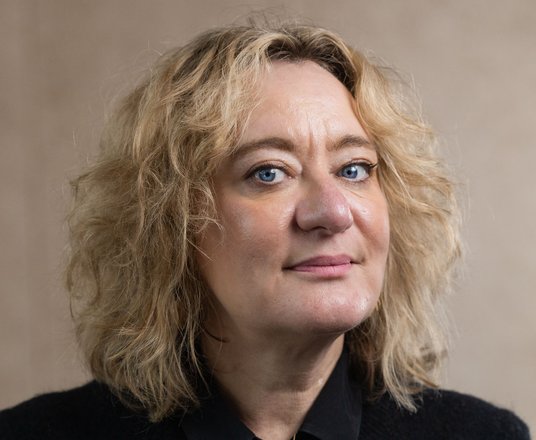
Nadia Bunyan
Director of People and Impact
Board of Directors
-
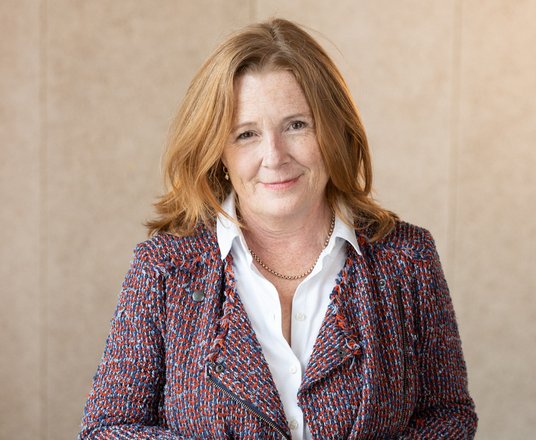
Kirsty Lang
Chair
Kirsty is a British journalist and broadcaster with a career spanning 30 years in print, audio and TV. -
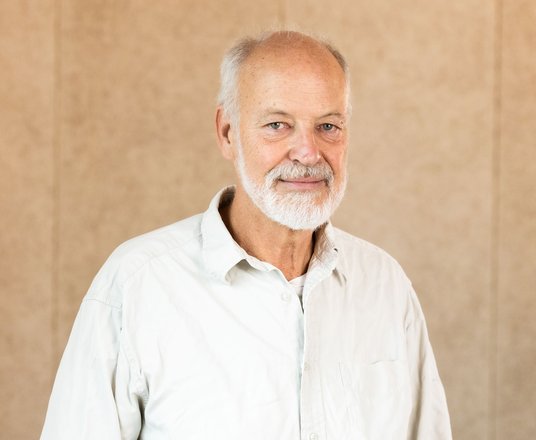
Patrick Alley
Co-Founder of Global Witness and Board Member
Patrick co-founded Global Witness, and conceived several of the organisation's campaigns, focusing on corruption, conflict resources, forests, and land and environmental defenders. -
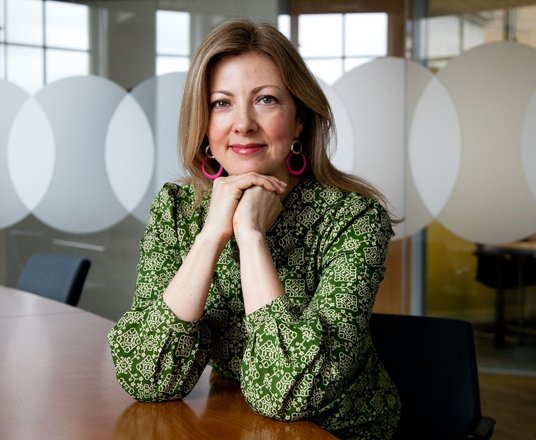
Charmian Gooch
Co-Founder of Global Witness and Board Member
Charmian is co-founder of Global Witness and jointly led its first campaign, exposing the trade in timber between the Khmer Rouge and Thai logging companies, and launched the ground-breaking campaign to combat "blood diamonds". -
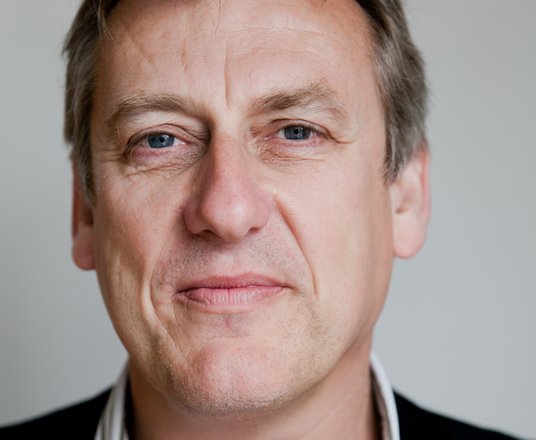
Simon Taylor
Co-Founder of Global Witness and Board Member
Simon is co-founder of Global Witness, and launched its oil and corruption campaign in 1999, which began the global call for transparency of payments made by extractive industry companies to governments for the oil, gas and minerals that they extract. -
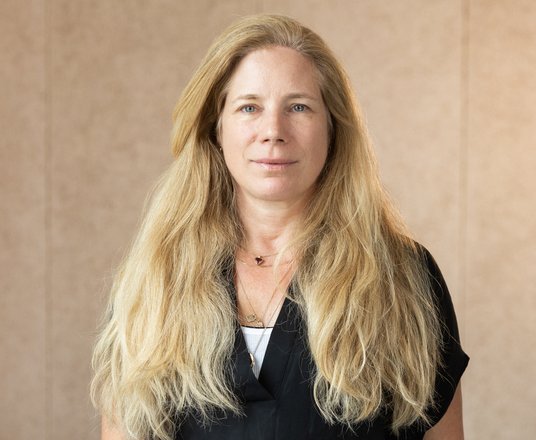
Gaby Darbyshire
Board Member
Gaby is a General Partner at Dangerous Ventures, an early-stage venture capital fund in the US, where she invests in solutions to the world’s most pressing climate challenges. -
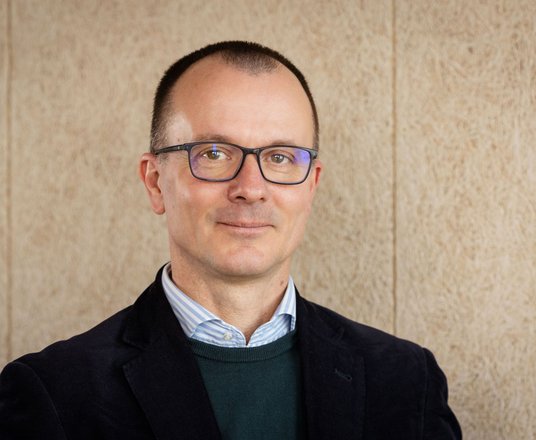
Olaf Hahn
Board Member
Olaf is a philanthropic advisor and an entrepreneur with a career spanning academia, business, and the non-profit sector. -
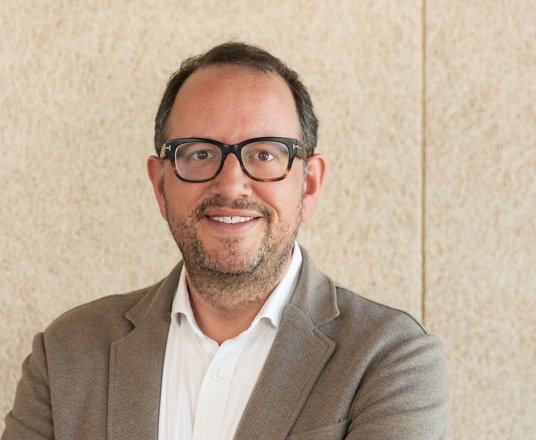
Oliver Hudson
Board Member
Oliver is a lawyer and independent consultant, and undertakes work for foundations and civil society organisations primarily focussed on organisational issues. -
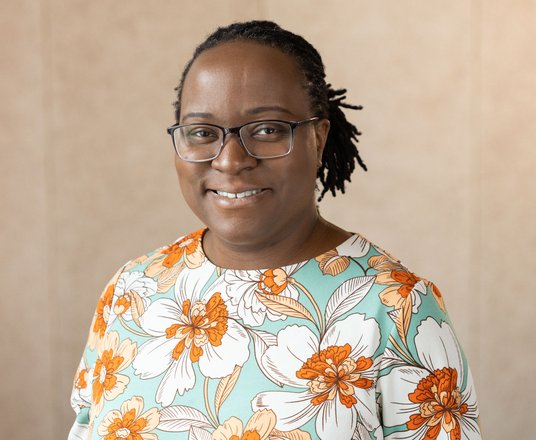
Christine Kanu
Chair of the Finance and Remuneration Committee
Christine is a senior executive with over 20 years of experience in finance, spanning several sectors including not-for-profit and social purpose organisations. -
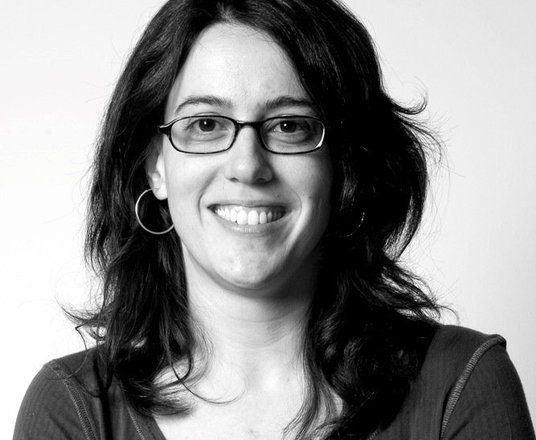
Juana Kweitel
Board Member
Juana is the Executive Director of Conectas Human Rights, whose mission is to promote the realisation of human rights and consolidation of the Rule of Law in the Global South – Africa, Asia and Latin America. -
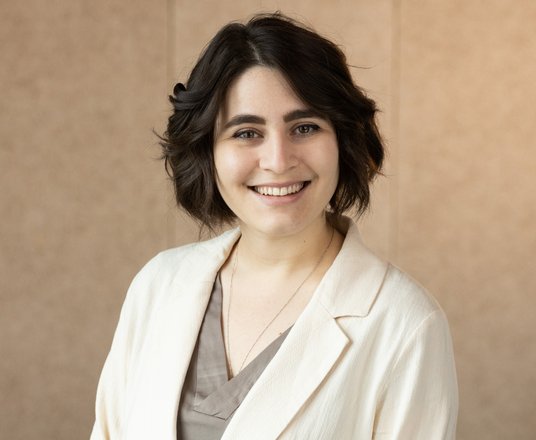
Marina Melanidis
Board Member
Marina is the Founder and Development Director of Youth4Nature, and is passionate about bridging false silos across nature and climate, while supporting young people to access meaningful, paid opportunities to create nature-climate solutions. -

Vanessa Nakate
Board Member
Vanessa is a climate justice activist from Uganda, dedicated to raising awareness about the impacts of the climate crisis and advocating for climate justice. -
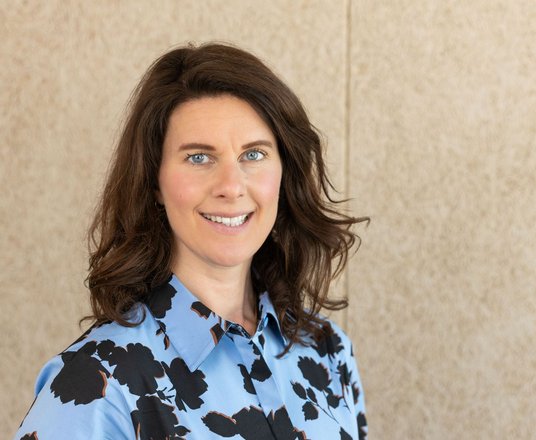
Rachel Owens
Board Member
Rachel is a senior leader with over 16 years of experience in sustainable finance, climate change, human rights, corporate accountability and anti-corruption from the philanthropic, non-profit and government sectors.
Advisory Council
-
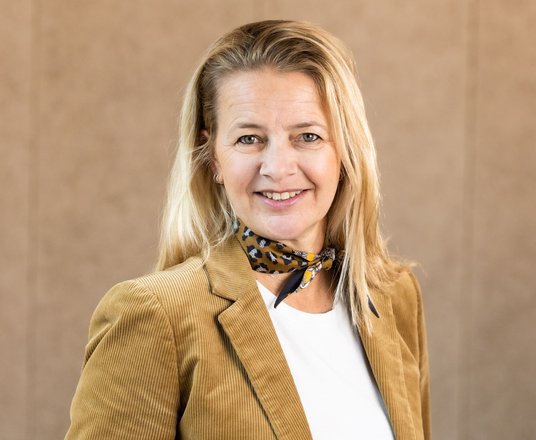
Mabel van Oranje
Chair of the Advisory Council
Mabel is a entrepreneur for social change, and has advised numerous network organisations, campaigns and initiatives promoting international human rights and development. -
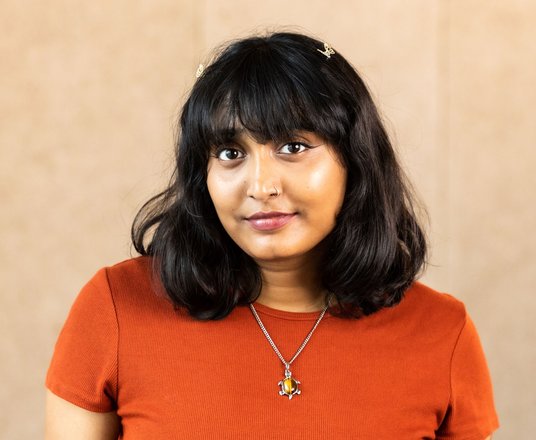
Disha Ravi
Co-Chair of the Advisory Council
Disha is a climate change activist and a founder of Fridays for Future India. -
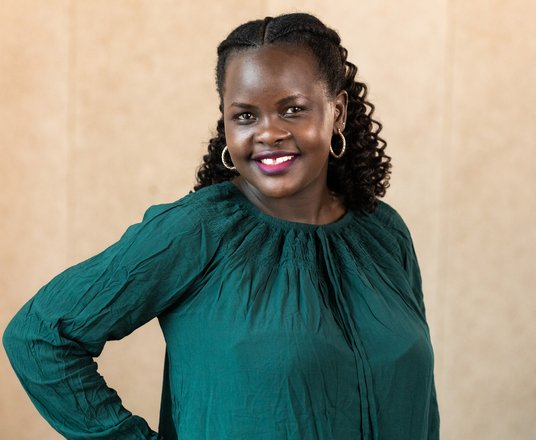
Evelyn Acham
Advisory Council Member
Evelyn is a climate justice advocate from Kampala in Uganda, who founded the Plus One Tree Initiative project and co-founded Agape Earth Coalition. -
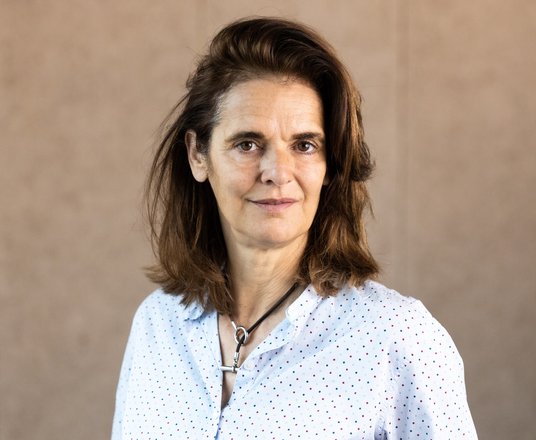
Roebyem Anders
Advisory Council Member
Roebyem is the founder of KnopOm, a social enterprise working to end energy poverty, and is leading a movement to democratize the energy transition. -
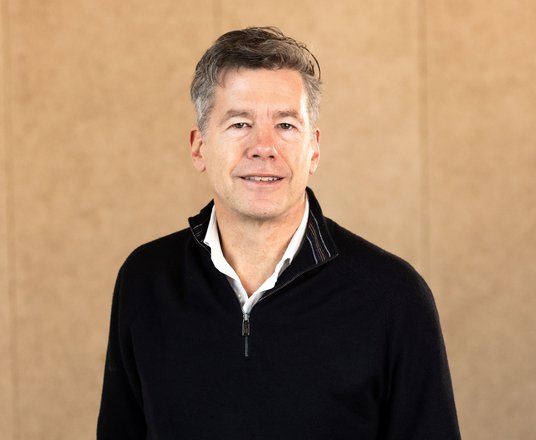
Nick Grono
Advisory Council Member
Nick is a human rights campaigner, author and CEO of the Freedom Fund, a collaborative fund dedicated to ending modern slavery and human trafficking around the world. -
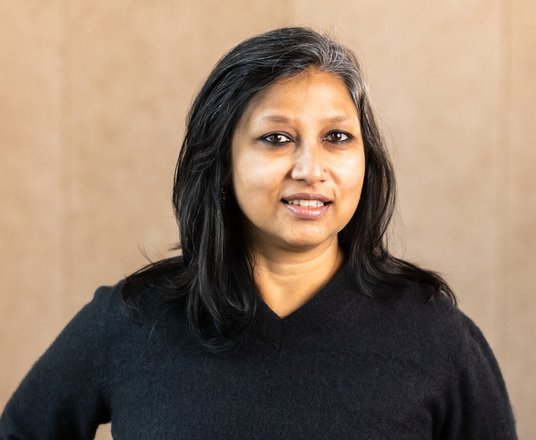
Suranjana Gupta
Advisory Council Member
Suranjana is Senior Advisor for Community Resilience at the Huairou Commission, specialising in disaster and climate resilience from a women’s empowerment perspective. -

Víctor López Illescas
Advisory Council Member
Víctor is a Programme Officer on the Ford Foundation Natural Resources and Climate Change team, working with Central American Indigenous communities for more than 20 years in various capacities. -
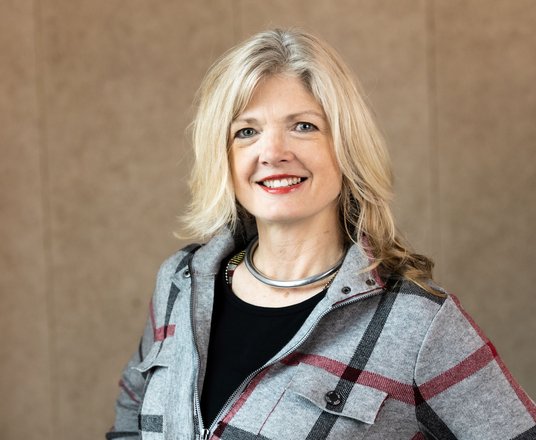
Camille Massey
Advisory Council Member
Camille is President and CEO of Synergos, a global organisation that pioneered the use of bridging leadership, building trust and collaboration to solve complex problems. -
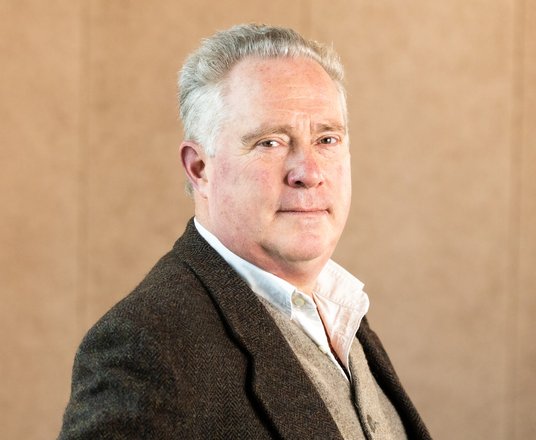
Christopher Mitchell
Advisory Council Member
Christopher is a writer and film-maker, currently working as an executive producer in the investigative documentary unit of the BBC World Service. -

Aryeh Neier
Advisory Council Member
Aryeh is an American human rights activist, who served as President of the Open Society Foundations. -
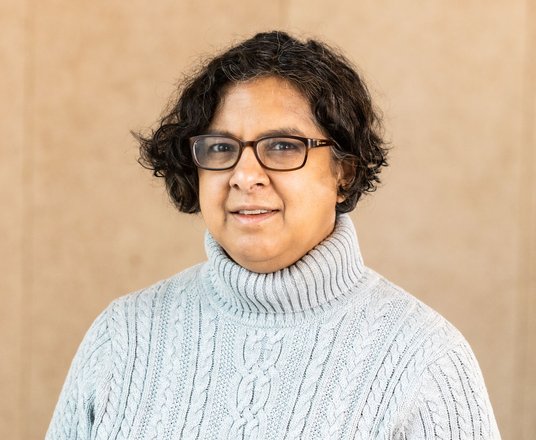
Anita Ramasastry
Advisory Council Member
Anita is an expert in the fields of business and human rights, anti-corruption and commercial law and development. -

Marinel Ubaldo
Advisory Council Member
Marinel is an advocate for climate justice and the environment. She is a registered social worker and one of the Founders of the Youth Leaders for Environmental Action Federation. -

Edward Zwick
Advisory Council Member
Edward is an Academy and Emmy Award-winning producer, writer and director. He was director of the film Blood Diamond – based on the work of Global Witness.
Global Witness Trust
-
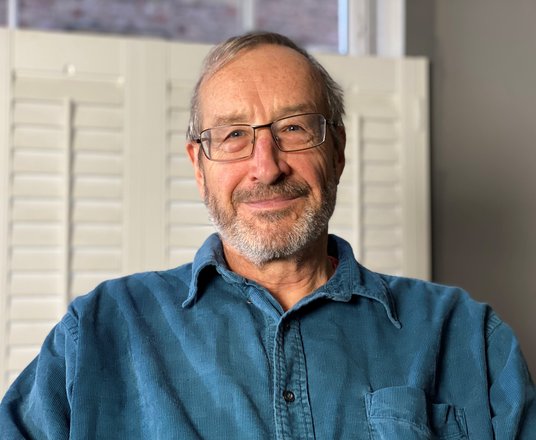
Jeremy Bristow
Chair of Global Witness Trust
Jeremy is a retired producer, formerly with the BBC Natural History Unit, and went on to produce films on climate change with Sir David Attenborough. -

Angus Brown
Treasurer of Global Witness Trust
Angus is a Chartered Accountant and has over 20 years’ experience as a Director in forensic services, where he successfully led teams on often high-profile corruption investigations. -
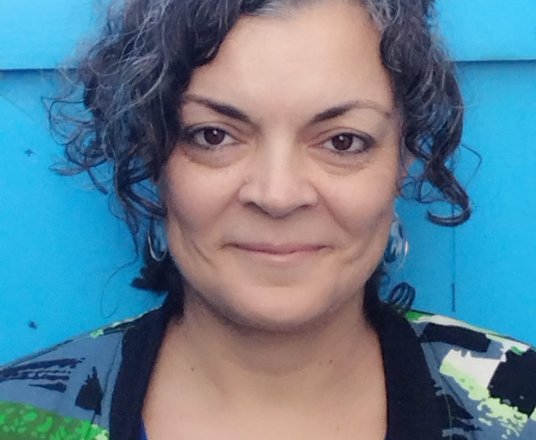
Blanca Blanco Abellan
Trustee
Blanca currently works with International IDEA in Panama, leading a capacity-building initiative to support civil society organisations and media in Central America. -
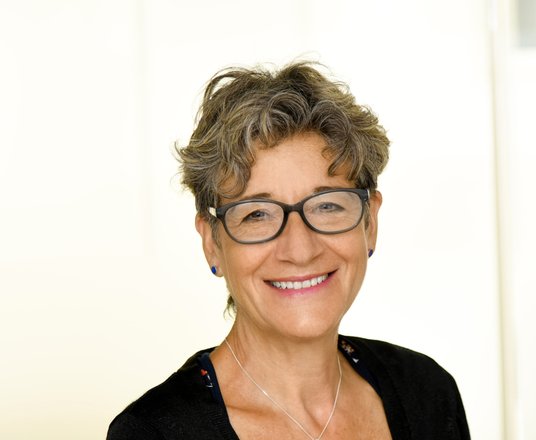
Ingrid Gubbay
Trustee
Ingrid is currently the European Head of Human Rights and Environmental Disputes at the law firm Hausfeld Global in London. -
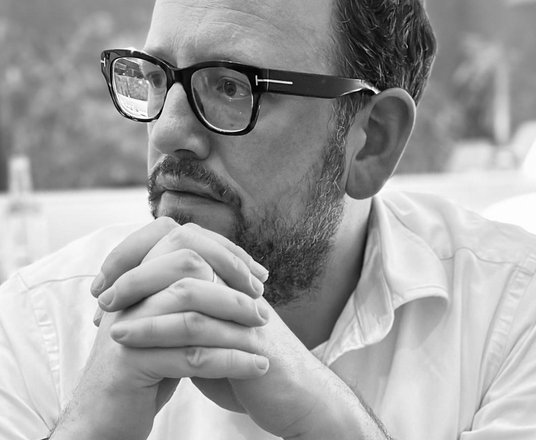
Oliver Hudson
Trustee
Oliver is a lawyer who has worked internationally in both the public and private sectors, and previously worked for the United Nations Development Programme in Brussels.
Global Witness Foundation
-
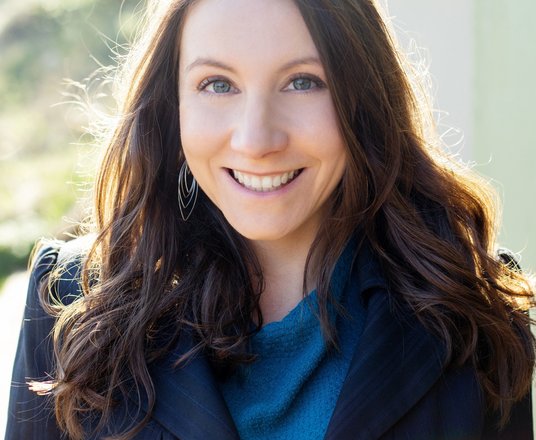
Alexandra Arneri
Chair of Global Witness Foundation
Alexandra is a Partner at Cittone Demers & Arneri LLP where she practices commercial litigation, and is a dedicated advocate of human rights, equity and planetary health. -
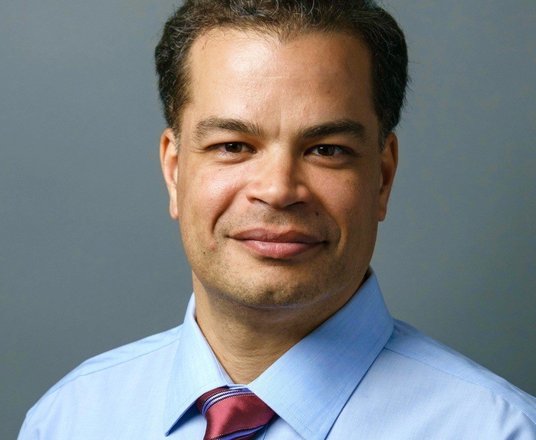
Alex Frank
Director
Alex is the Program Manager for the Bike It Forward team of the San Francisco Bicycle Coalition, and has a wide range of expertise in policy, finance and community building. -

Leah Hokenson
Director
Leah is a Managing Director at Baldwin Brothers, LLC, and advises artists, creatives and collectors on wealth management that can be used to form a more equitable, conscious world. -
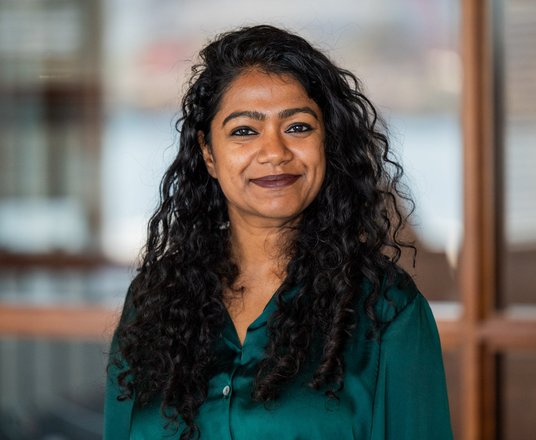
Vidya Viswanathan
Director
Vidya is a seasoned climate and environmental policy expert with over 10 years of experience working in South Asia.
